Dhaka, Oct 22 (V7N) – Jamaat-e-Islami has expressed concerns over certain advisers during a meeting with Chief Adviser Professor Muhammad Yunus, emphasizing that some individuals may be working to mislead the Chief Adviser in favor of specific political interests. The party, however, stressed that it has full confidence in the Chief Adviser himself.
Syed Abdullah Muhammad Taher, Deputy Amir of Jamaat-e-Islami, said after the meeting at the State Guest House Jamuna on Wednesday evening, “We did not question all advisers, only a few. We have highlighted that some people may be misleading the Chief Adviser, acting on behalf of particular groups. He should be cautious regarding them.”
When asked whether the party demanded the removal of any advisers, Taher clarified that they only wanted to draw attention to the issue initially and did not call for any removals.
On the issue of a caretaker government, Jamaat-e-Islami did not make any demands, noting that the matter is currently under consideration by the Supreme Court. Taher added, “We expect that, unless the Supreme Court’s decision dictates otherwise, an interim government will perform the caretaker government’s functions. The Chief Adviser has assured that he is carefully considering the matter and will act accordingly.”
Taher criticized the BNP for complicating the proposed referendum. “Initially, BNP was reluctant to accept a referendum, but they eventually agreed. Now they are attempting to create confusion by demanding that the referendum and national election be held on the same day. These are two separate issues. National elections determine who will govern the country, while the referendum allows the people to decide on reforms, governance structures, and the Prime Minister’s powers,” he said.
Regarding the implementation of the July Charter, Taher said Jamaat-e-Islami urged the Chief Adviser to ensure its execution. “He agreed that if the charter is not implemented, all previous efforts would be in vain. Therefore, he has assured us that proper steps will be taken,” he said.
Taher explained that the July Charter is not part of the constitution but an extra-constitutional arrangement that a government can implement in extraordinary circumstances. He added that, after consultation with expert committees from both Jamaat-e-Islami and the Election Commission, it was agreed that a formal order would provide legal validity to the charter, which would then serve as the basis for a referendum.
He said, “While some have suggested issuing a decree, Jamaat-e-Islami believes that a decree is weak and does not confer constitutional authority. A formal order, however, is equivalent to obtaining constitutional legitimacy. We have clearly conveyed this, and the Chief Adviser seems convinced.”
The meeting was seen as an effort to clarify key political procedures, build consensus on the July Charter, and address concerns over advisers potentially influencing decision-making in the interim governance structure.
END/RKB/SMA/



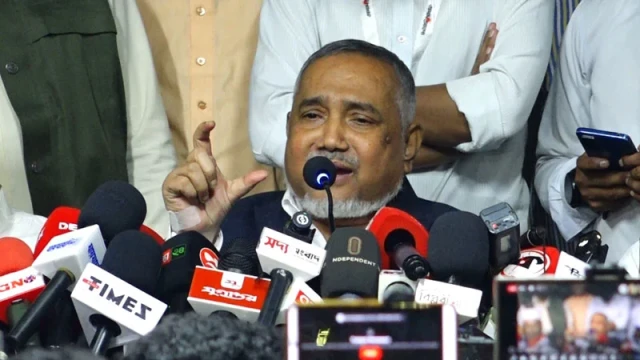
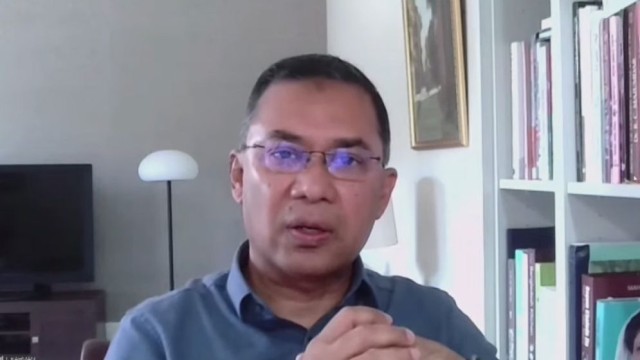
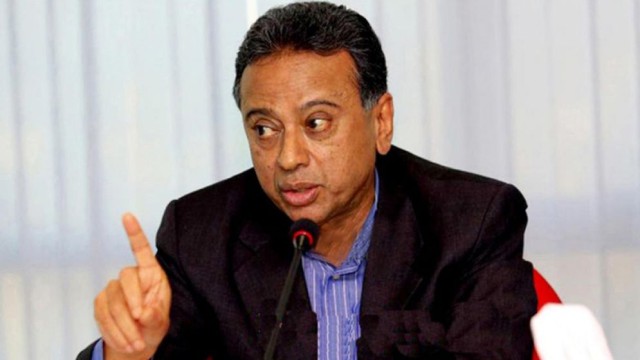
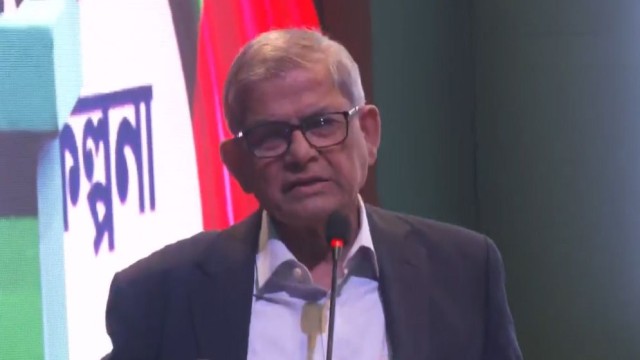
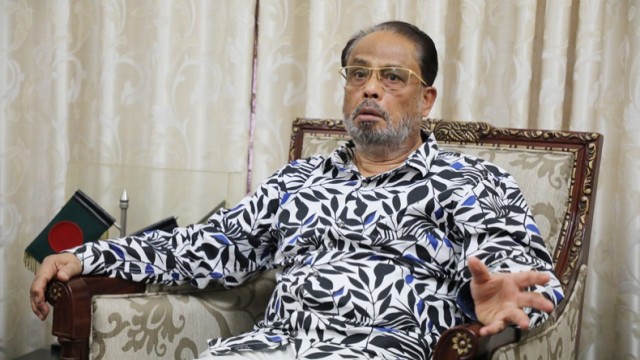
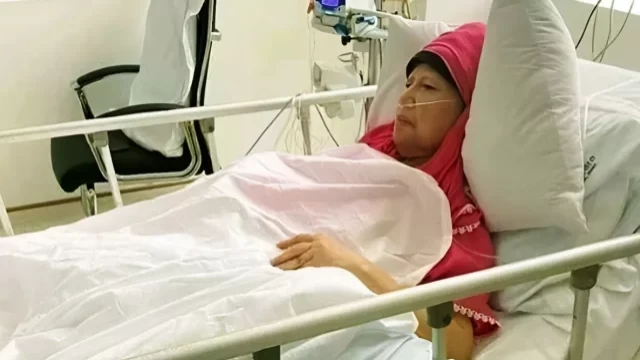
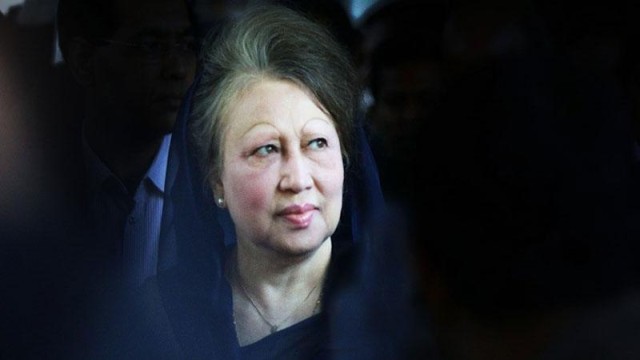


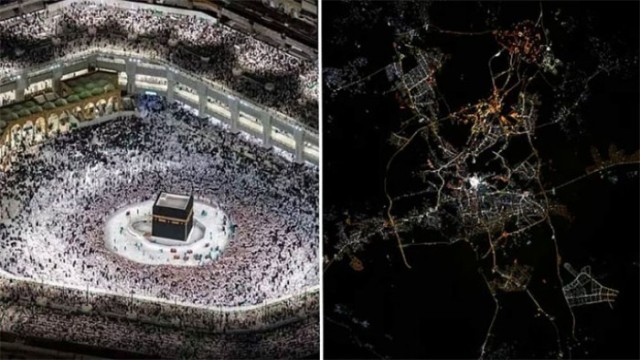
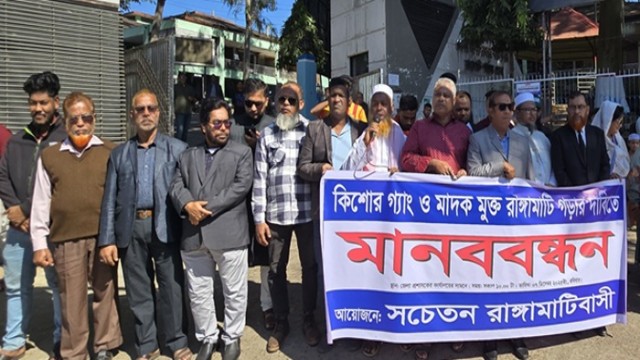
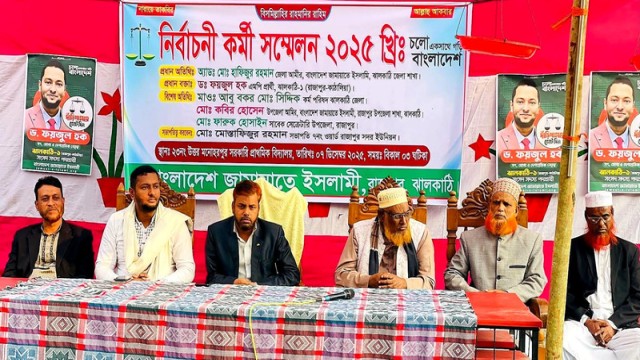
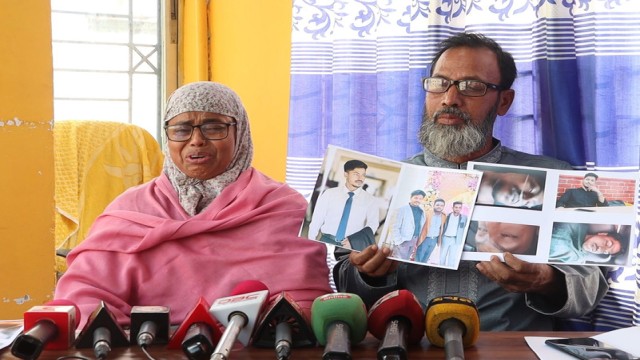
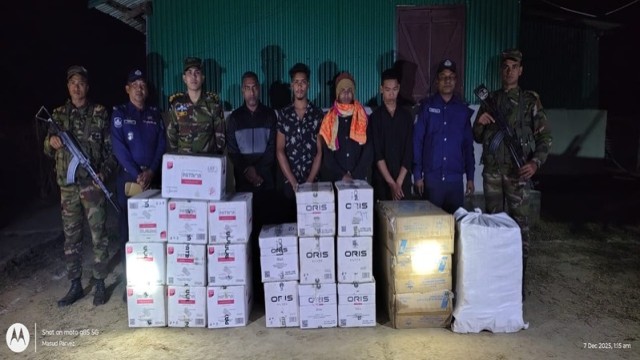


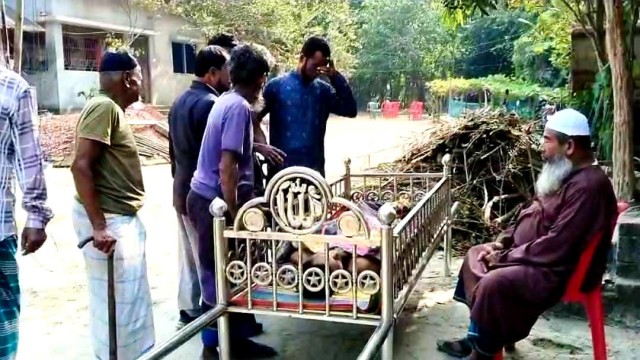


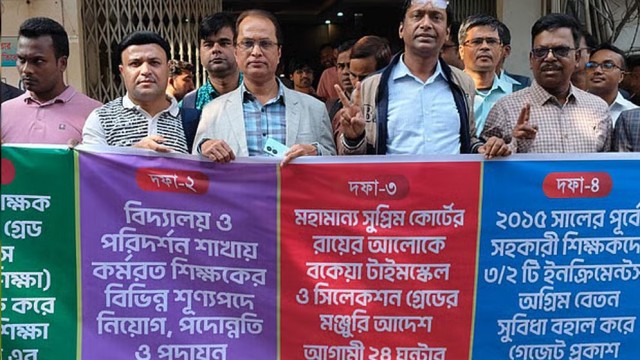
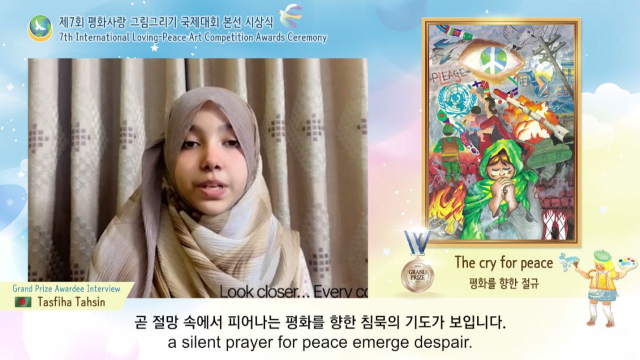
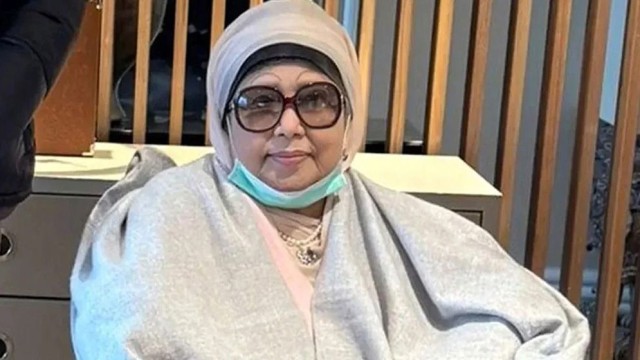
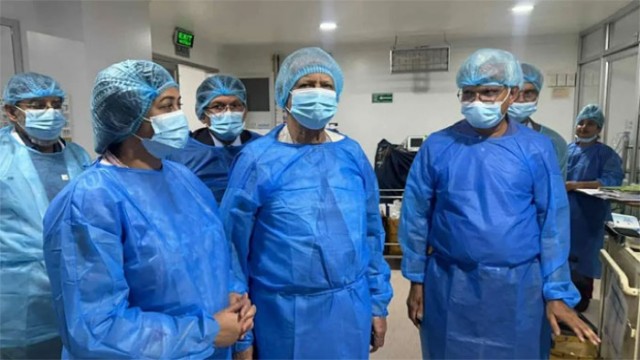
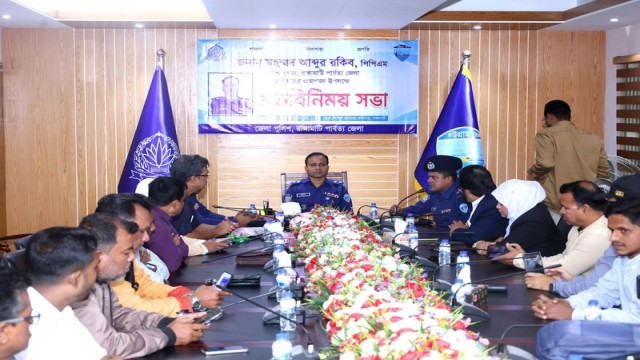
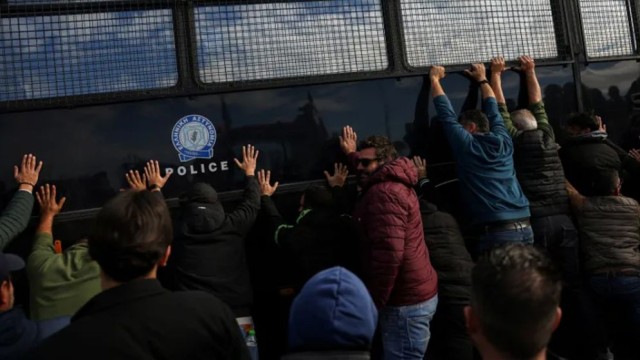
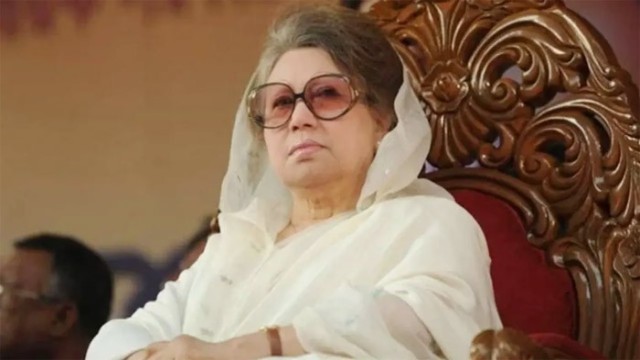

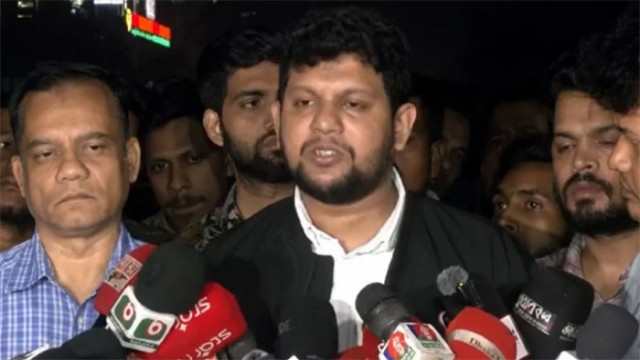
Comment: